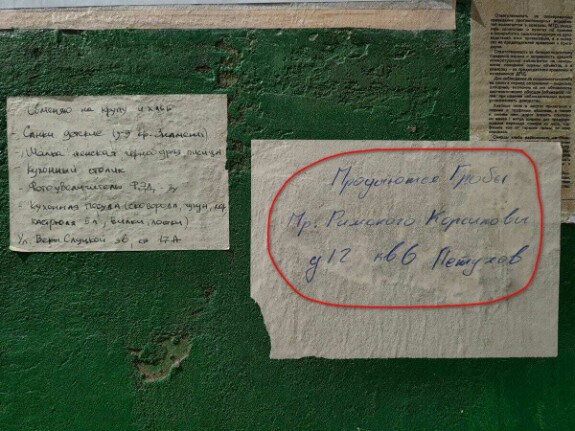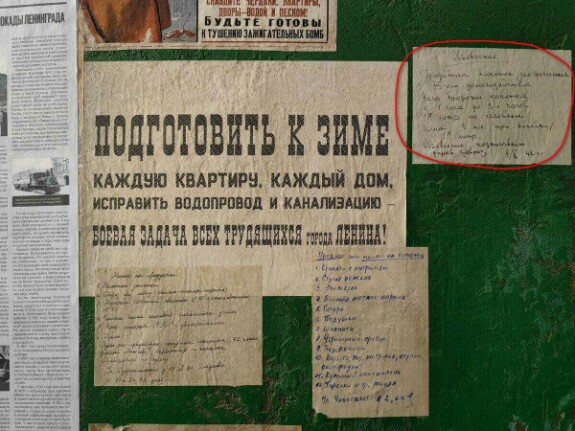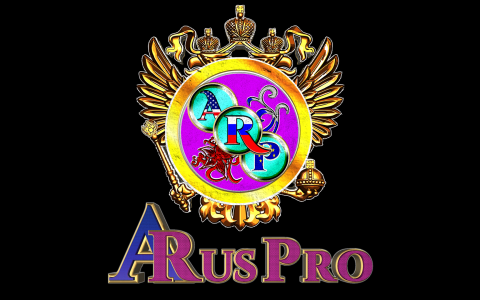Hello! I am Anastasia from Russia. I come from a cold land where winters last from 4 to 6 months, and in my first post I would like to contemplate on how the place where you were born influences your character and your overall attitude towards life.
I have been teaching Russian as a foreign language for almost 10 years now, and I have always found great pleasure in telling people from other countries about Russian culture and the way we view the world. As a linguist, I have always been fascinated at how the language reflects people's worldview. The most enjoyable thing for me has always been explaining difficult points of Russian grammar from the worldview perspective. I can tell you a lot about it, but this post is not about Russian grammar. I have a whole YouTube channel devoted to grammar explanations. In this post I would like to talk about something else. An insight that has dawned on me recently.
Recently I realized why I enjoy so much what I am doing. Not because I am a linguist and have an in-born love for languages. Not because I love teaching and influencing the students' minds in a positive way. I realized why I have chosen to teach Russian to foreigners, and not English for Russian speakers.
The answer to that is Suffering. You may ask, "What?!" I know it sounds strange, but I'll explain.
One of my favorite cities in Russia is Saint Petersburg. I wasn't born there, but I lived there for some time. As soon as I came to this city, I felt this tremendous historical vibe, and my heart responded to it as if I finally returned home after a long journey. I couldn't stay indifferent to the old buildings that I passed when I was walking in the center of the city. It seemed to me that every building spoke to my soul the way a grandfather speaks to his grandchild. Strikes, the Revolution, change of power, the Siege during WWII, everything that Petrograd / Leningrad / Saint Petersburg saw throughout centuries, all the pain and suffering of the people, all that just reverberated in my soul so vividly that I was stunned and glued to this place.
I hadn't realized before how strong my Russian heritage was inside of me. I didn't fully realize that it was the reason why I enjoyed teaching Russian so much.
A lot of foreigners that come to Russia and walk along the streets of big cities, like Moscow or Saint Petersburg, notice that the overall atmosphere is quite gloomy. People don't smile at you on the subway or in the street. They don't say 'hello' when you pass each other. I noticed that too, especially after I returned home from a vacation in Europe. The contrast was deep. Of course, once you become friends with Russians, you find out that we are very friendly, caring and helpful, but the overall 'egregore' of sadness and suffering has embraced our nation for centuries.
Russian people are very good at overcoming difficulties. Take just several months of severely cold winter we have to get through every year, not to mention all the great wars and revolutions.

Endurance is the key skill that every Russian has, and it gets activated in extremely hard and dangerous circumstances. It is written deep in our DNA by our parents, grandparents and many generations before them. For many Russians it even becomes their norm of life. They only feel 'happy' when they have to overcome difficulties every day. I used to be like that too until just recently when I allowed myself just to be happy and enjoy life, focus on good things today rather than constantly preparing myself for harder times.
This transformation I have recently gone through is a topic for another post. With this one I just wanted to highlight the main force that drives me to go and teach Russian, that hook that holds me tied to my past and the past of my country.
There is one Russian word that is quite difficult to translate into English. The word is "тоска." It is a feeling of deep sadness mixed with nostalgia and yearning for the ultimate truth. So, maybe I like teaching Russian because I subconsciously want my students to understand this feeling, to connect through language with the core of the Russian essence. This is how my Russian DNA calls out to me, this call at times sounding almost like a call of duty, as if it is my biggest mission in life.
My friends from Saint Petersburg have recently sent me a few pictures from the Siege of Leningrad exhibition. These two advertisements once again reminded me of this indissoluble connection that I feel with the people of my country. "Продаётся кипяток" ("Freshly boiled water for sale") and "Продаются гробы" ("Coffins for sale").



